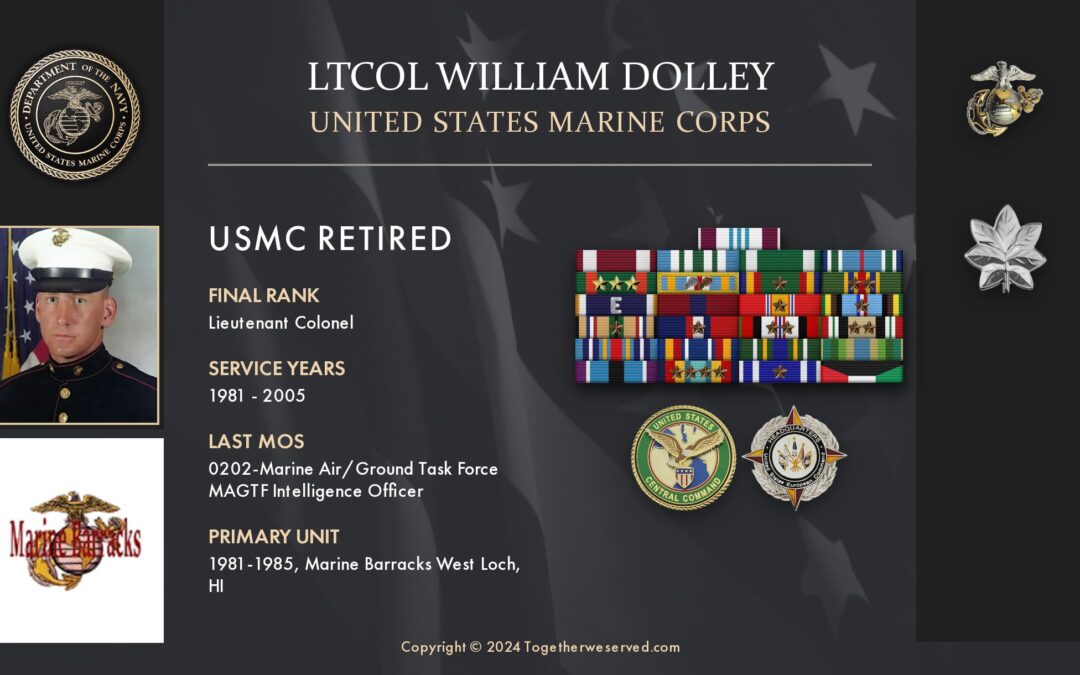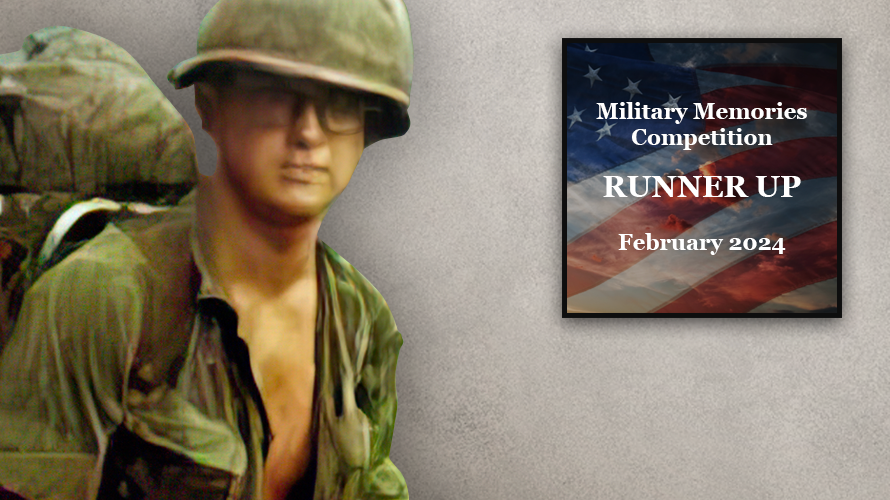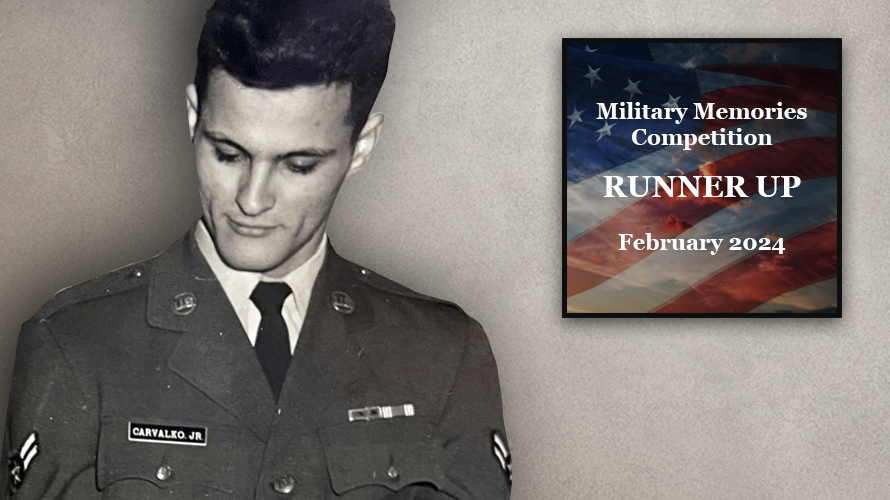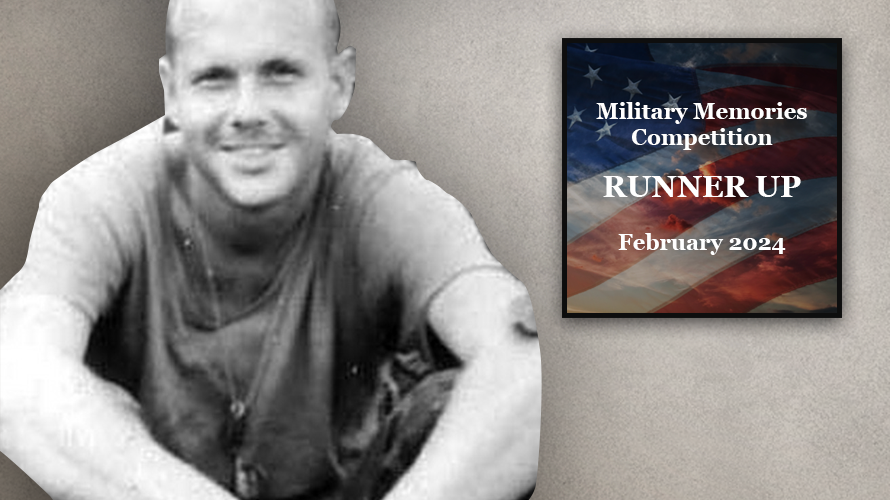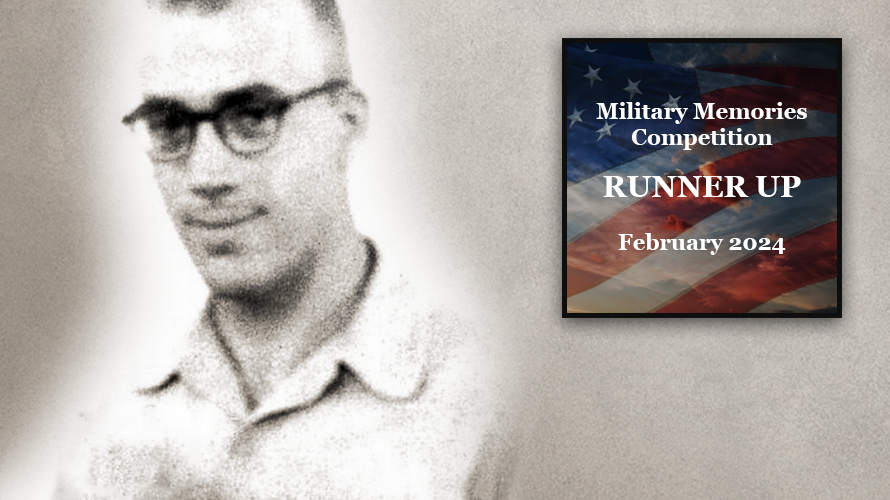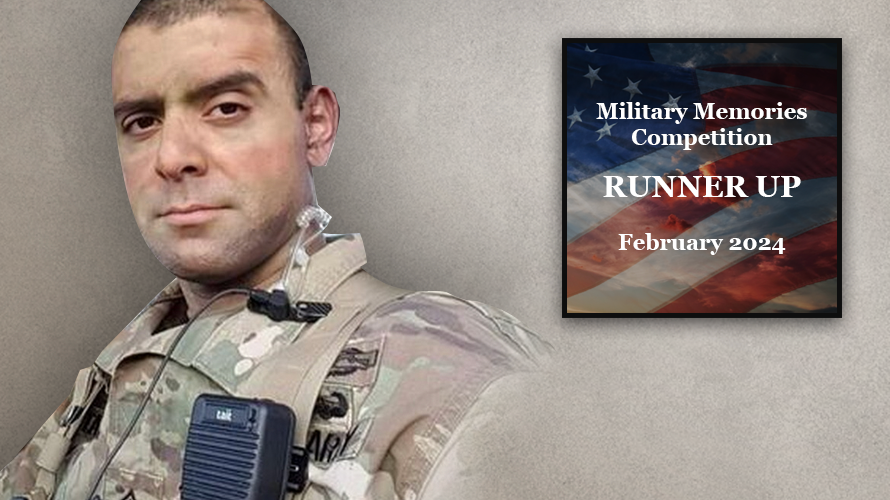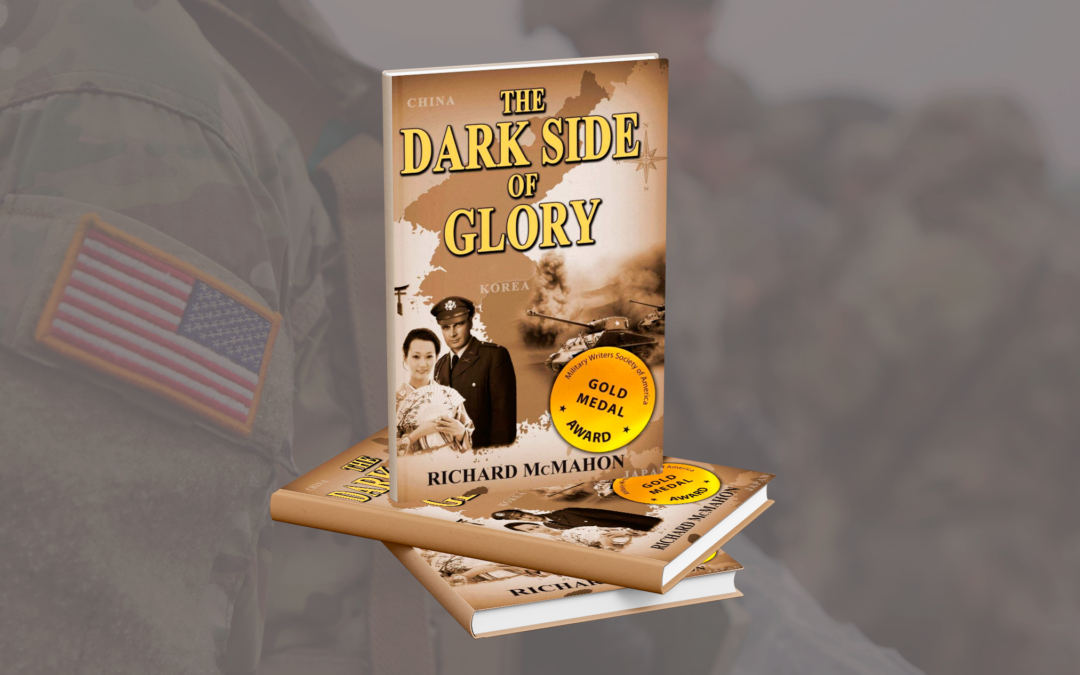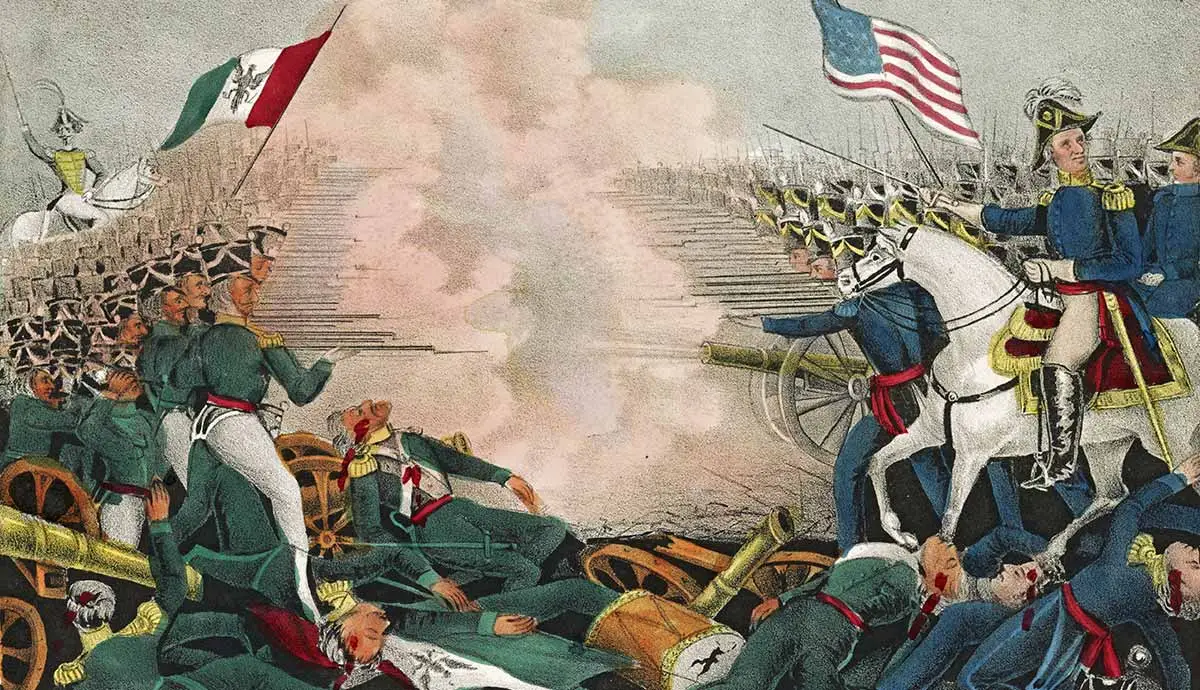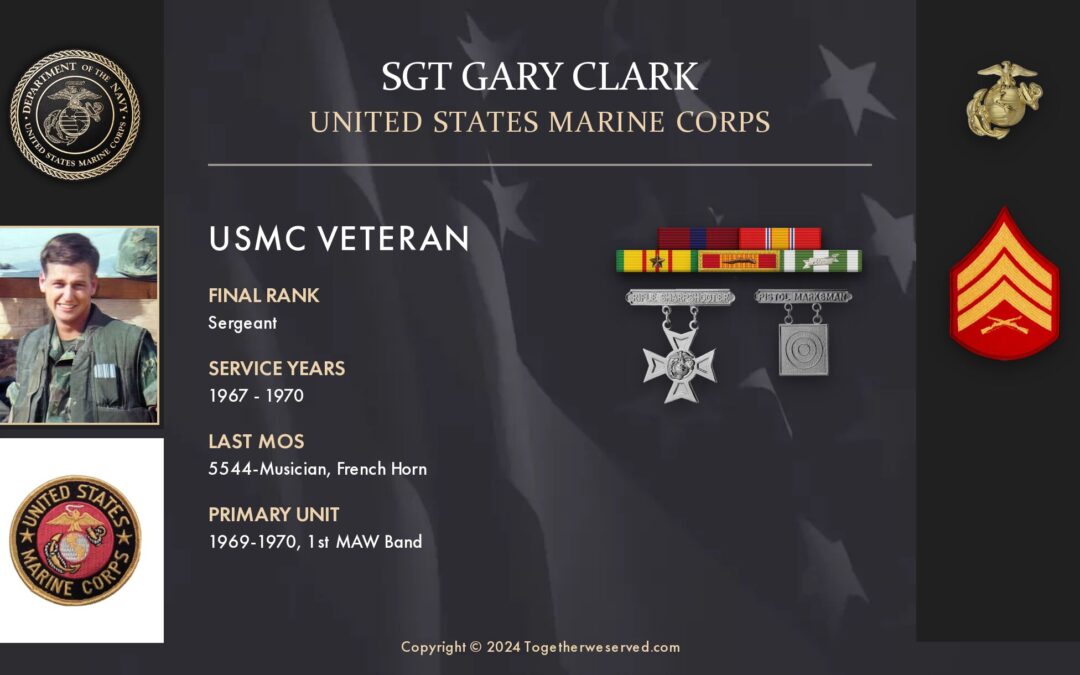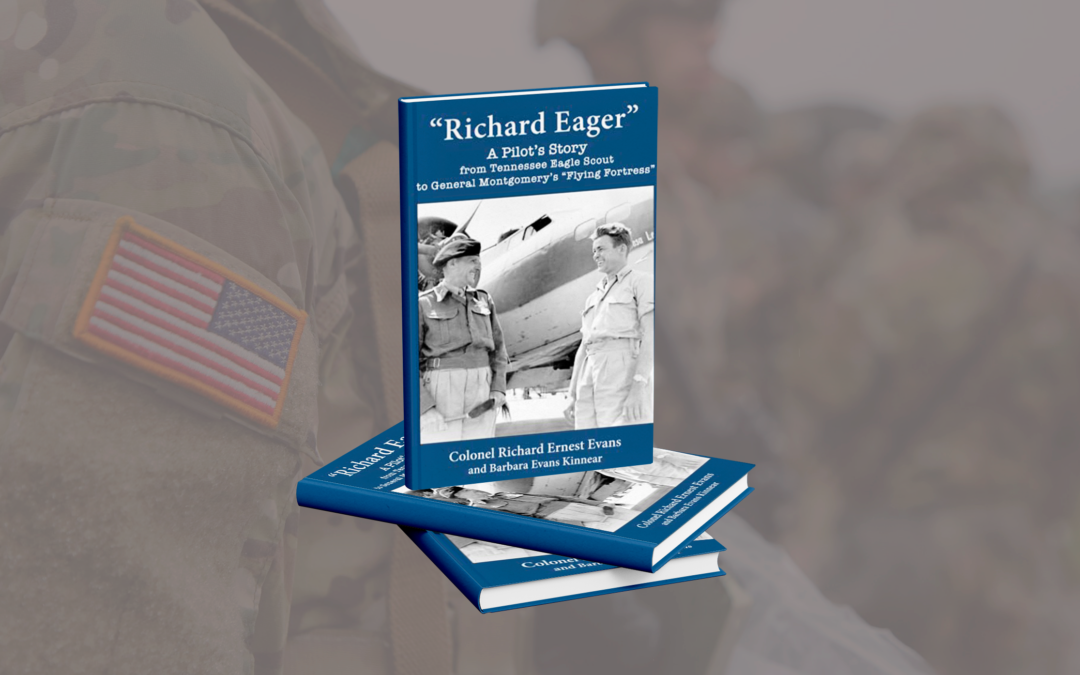PRESERVING A MILITARY LEGACY FOR FUTURE GENERATIONS The following Reflections represents LTCOL William Dolley's legacy of his military service from 1981 to 2005. If you are a Veteran, consider preserving a record of your own military service, including your memories and photographs, on Togetherweserved.com (TWS), the leading archive of living military history. The following Service Reflections is an easy-to-complete self-interview, located on your TWS Military Service Page, which enables you to remember key people and events from your military service and the impact they made on your life. Start recording your own Military Memories HERE. Please describe who or what influenced your decision to join the Marine Corps. MCRD San Diego Bootcamp Photo 1981 As an indelible U.S. Marine imprinted in your heart forever, we all know we come into this world without pockets and will leave this world with only accumulated wisdom, life lessons for our Higher Soul, and much love. Your...
